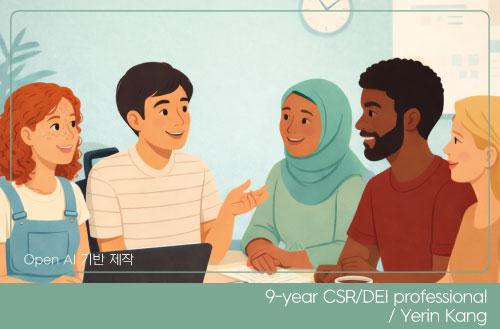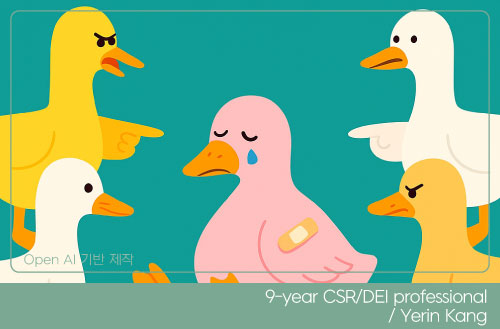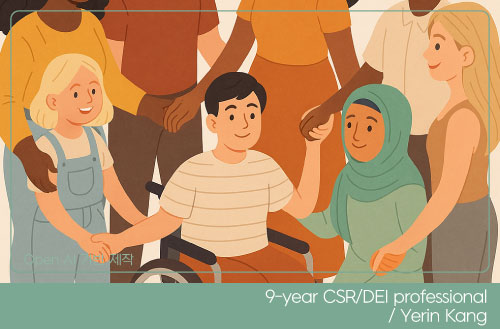
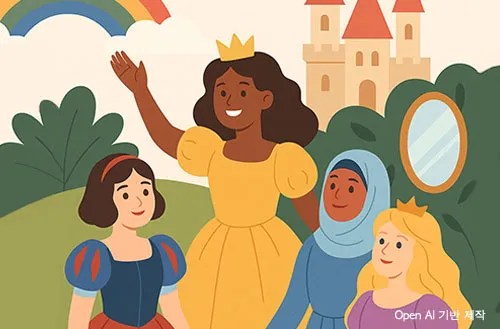
Issue Maker, OOO?
DEI Insight #1

Columnist
Yerin Kang CSR Team

Editor's note
DEI stands for Diversity, Equity, and Inclusion, which means ensuring that members with diverse characteristics such as race, gender, age, sexual orientation, disability, religion, and cultural background are equally respected and can participate in community without discrimination.
You might close this page immediately, thinking, “This sounds boring.” While it may seem like a complex field, from a different perspective, it touches our daily lives and has significant impacts across various areas, including the economy, politics, society, corporate marketing, and communications. As a DEI professional, I’ll be sharing multiple stories I’ve encountered in this column, so please feel free to give it a quick read.
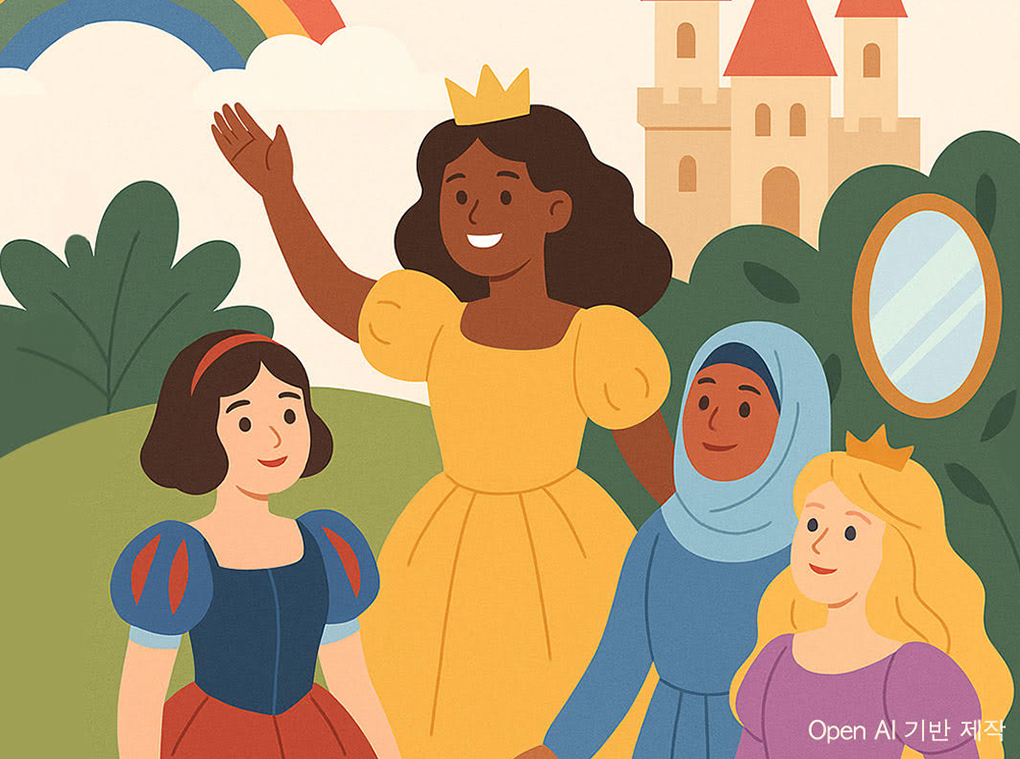
※ The images used in this column were created with OpenAI and are utilized for illustrative purposes to explain Diversity, Equity, and Inclusion (DEI) strategies.
#INTRO
Have you seen the movie “Snow White” that was released this March? I happened to watch the trailer and found myself questioning the casting choice. The film completely overturned the original premise of ‘Snow White’ – named for her skin as white as snow. The 2023 controversy around “The Little Mermaid” was similar. Many people genuinely wondered, “Why is Disney casting this way?” Disney has long emphasized political correctness that rejects prejudice and discrimination based on race, gender, religion, and more. While their direction toward ensuring diversity in casting was initially welcomed, concerns have grown that it might undermine the originality of Disney’s classics. Regardless of the approach, DEI seems to always be at the center of controversy. So in this first column, I’d like to discuss how the issue maker ‘DEI’ began and why it matters.
1 Beginning with ‘Racial Discrimination’
Both the Disney casting mentioned earlier and the origins of DEI are connected to ‘race.’ The United States is a multiracial country where various races and ethnicities reside. This led to periods of rampant racial discrimination, and from the 1950s through the 1960s, civil rights movements emerged as Black Americans and other minority groups demanded human rights and equality. With the enactment of Civil Rights Act, the US prohibited employment discrimination based on race, religion, gender, skin color, and national origin, and established a government agency, the Equal Employment Opportunity Commission (EEOC), to investigate workplace discrimination. This prompted many workers in the 1970s-80s to raise discrimination issues with this agency, and companies corrected discriminatory practices to avoid legal disputes, which became an essential catalyst for establishing diversity policies. Later, the emergence of a ‘new civil rights movement’ continued this trend.
# Black Lives Matter
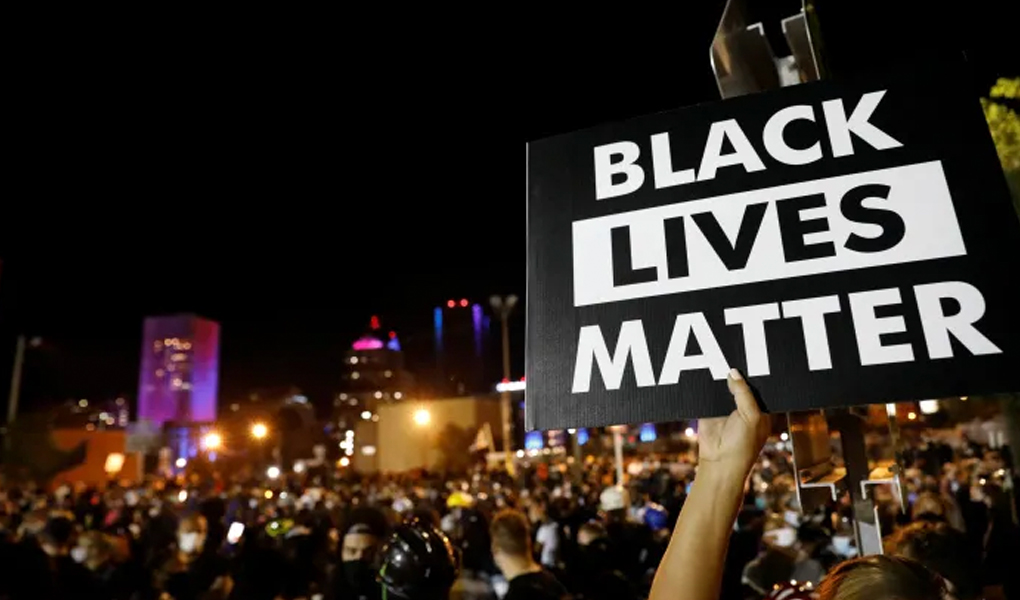
Source: ‘Black Lives Matter’ Kyunghyang Newspaper article image
Black Lives Matter (BLM) means exactly what it says – that Black lives matter too. The hashtag #BlackLivesMatter began appearing on social media in 2013 after a white neighborhood watch volunteer who killed a Black teenager was acquitted in 2012. The BLM movement resurged in 2020 when a Black man died due to excessive force by a white police officer. From May to August 2020, there were reportedly over 7,750 BLM-related protests across 2,440 locations in all 50 US states. As the scale grew, the BLM movement became a catalyst that further highlighted the necessity of DEI policies.
You might think, “Isn’t this just about a specific race? It doesn’t apply to me...” However, if we look at it from the perspective of being ‘discriminated’ against for being different from others, we’ve all experienced it somewhere to varying degrees. Watching these protests reminded me of my time as an exchange student in Europe. In a suburban city where tourists and Asians were rare, I also experienced racial discrimination, including curious stares and people pulling their eyes into slits. It was a temporary experience for me, but I imagine that if someone faces such ‘discrimination’ daily, they would cry out to the world to respect diversity.
While the expanded discourse on DEI originated from race-related protests, respect for diversity across various areas, including gender, sexual orientation, age, disability, religion, culture, and background, is gradually becoming a significant issue. Hence, why are DEI-related discussions happening more frequently than in the past?
2 Issue Maker DEI! Why?
Over the past decade, changes in our society have, knowingly or unknowingly, accelerated DEI initiatives.
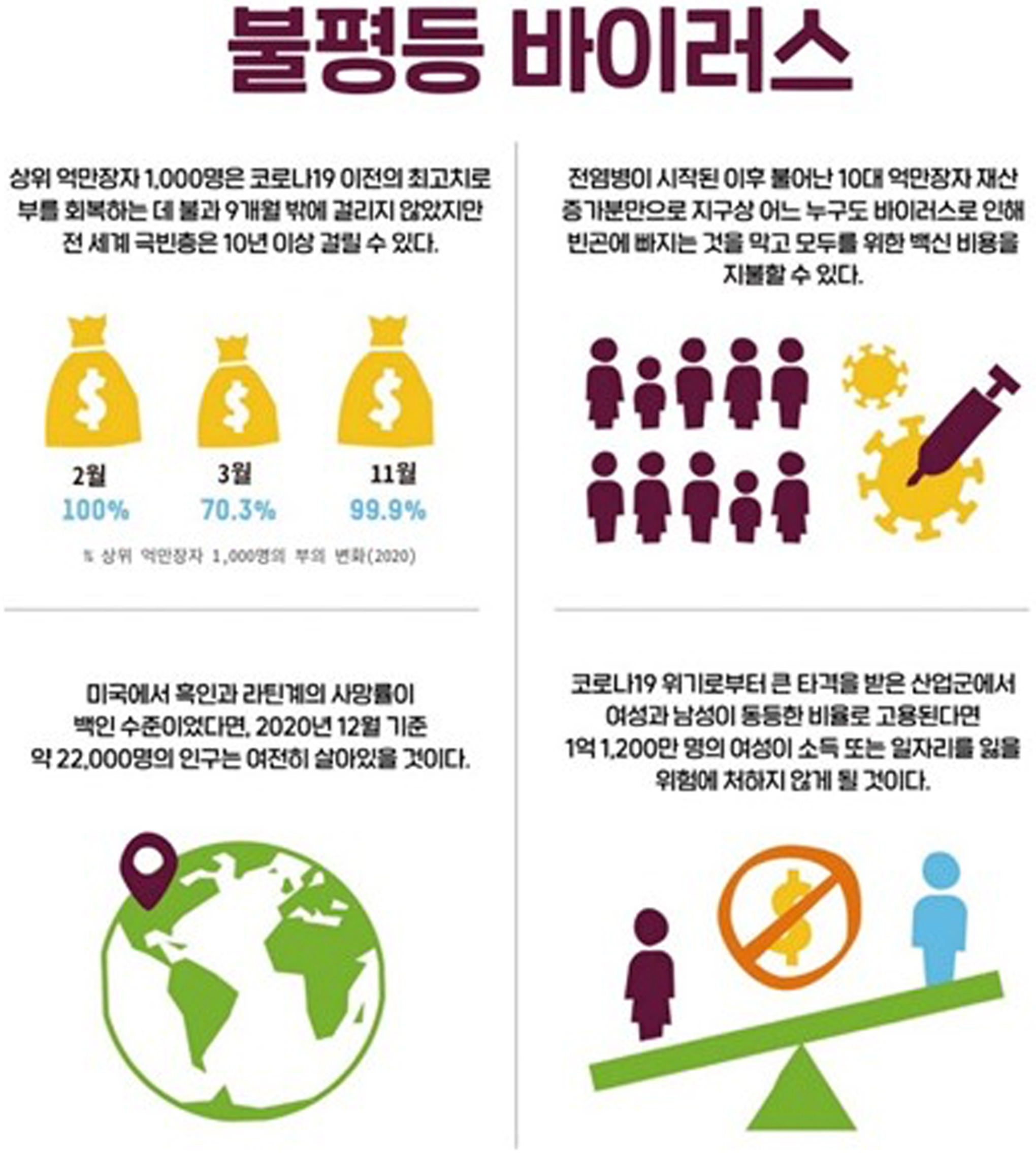
Source: Oxfam International Inequality Report
The COVID-19 pandemic in 2020 starkly revealed existing social inequalities. As discrimination where “some are protected while others are neglected” became apparent, low-income populations, people of color, immigrants, and people with disabilities suffered greater impacts. Additionally, conflicts between genders, generations, and social classes became catalysts for spreading awareness about the necessity of DEI. In particular, the once highly controversial ‘Me Too’ movement brought workplace gender discrimination issues into the public discourse and compelled organizations to strengthen gender equality and inclusivity. Furthermore, politically, there are reports of increasing hate expressions amid intensifying ideological conflicts between conservatives and progressives worldwide. As we’ve entered the digital age, all these stories about discrimination and hatred are being rapidly shared through social media and online platforms, further accelerating the need for DEI.
From a corporate perspective, DEI has also become important from a ‘competitiveness’ standpoint alongside these societal trends.
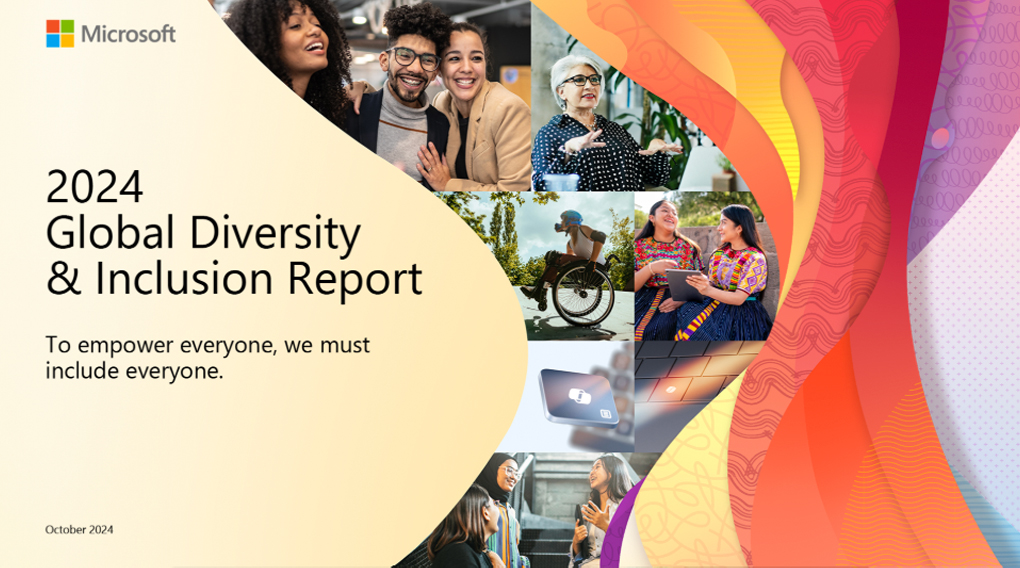
Source: The official Microsoft Blog
Since 2020, global investment firms have paid more attention to ESG, which impacts a company’s future value, considering DEI a core indicator in the ‘S (Social)’ category and making it a factor in investment decisions. Some even established criteria like “we won’t invest if there are no female directors.” As DEI began influencing investments, companies like Google, Microsoft, Apple, and Netflix published sustainability and diversity reports, with some appointing dedicated Chief Diversity Officers (CDOs). However, in the US in 2025, due to Trump’s ‘anti-diversity policies,’ global investment giants like BlackRock are moving to abolish or roll back DEI-related investment criteria. Nevertheless, most investment firms have stated, “While we won’t deny DEI itself, we will exclude it from mandatory investment criteria,” indicating they’re pivoting toward encouraging voluntary corporate culture improvements and respect for diversity rather than completely withdrawing their support.
In my personal opinion, while companies need to respond flexibly to changing global stances, they still need strategies that do not lose sight of DEI’s essence. After all, the most critical factor for any business is the ‘customer,’ due to the social changes mentioned earlier, individual needs for a society that respects diversity and fairness will inevitably continue to grow.
When companies overlook these DEI issues, various risks emerge.
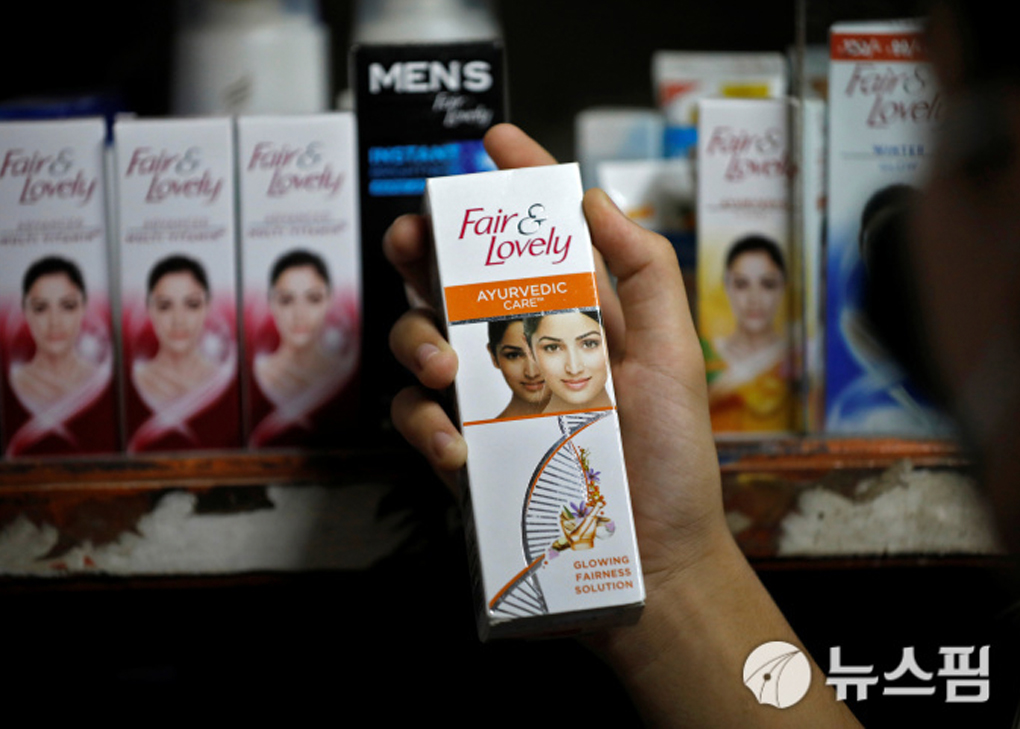
Source: Reuters NewsPim
‘Unilever brightening cream on store shelf in India’
How do you feel when you see the phrase ‘Fair & Lovely’? Directly translated, it means ‘skin that is white and lovely.’ Unilever’s ‘Fair & Lovely’ was a flagship product sold well in China, India, Indonesia, Ghana, and other countries. However, with the global spread of anti-racial discrimination protests from the US in 2020, pressure mounted regarding the name of whitening products, and this product was criticized for “promoting the perception that white skin is the ideal of beauty.” According to the BBC, a petition demanding the discontinuation of this product received 18,000 signatures. In response, Unilever changed the product name to ‘Glow & Lovely’ and additionally declared they would stop using the word ‘Normal,’ which means ‘standard’ or ‘typical.’ When companies overlook DEI issues, various risks occur, including consumer boycotts, social media criticism, and investment withdrawals. While overseas cases often relate to ‘race,’ domestic cases frequently involve ‘gender.’ That’s why DEI is also an extremely important issue from a corporate competitiveness perspective.
3 Amorepacific’s Values of Diversity and Inclusion
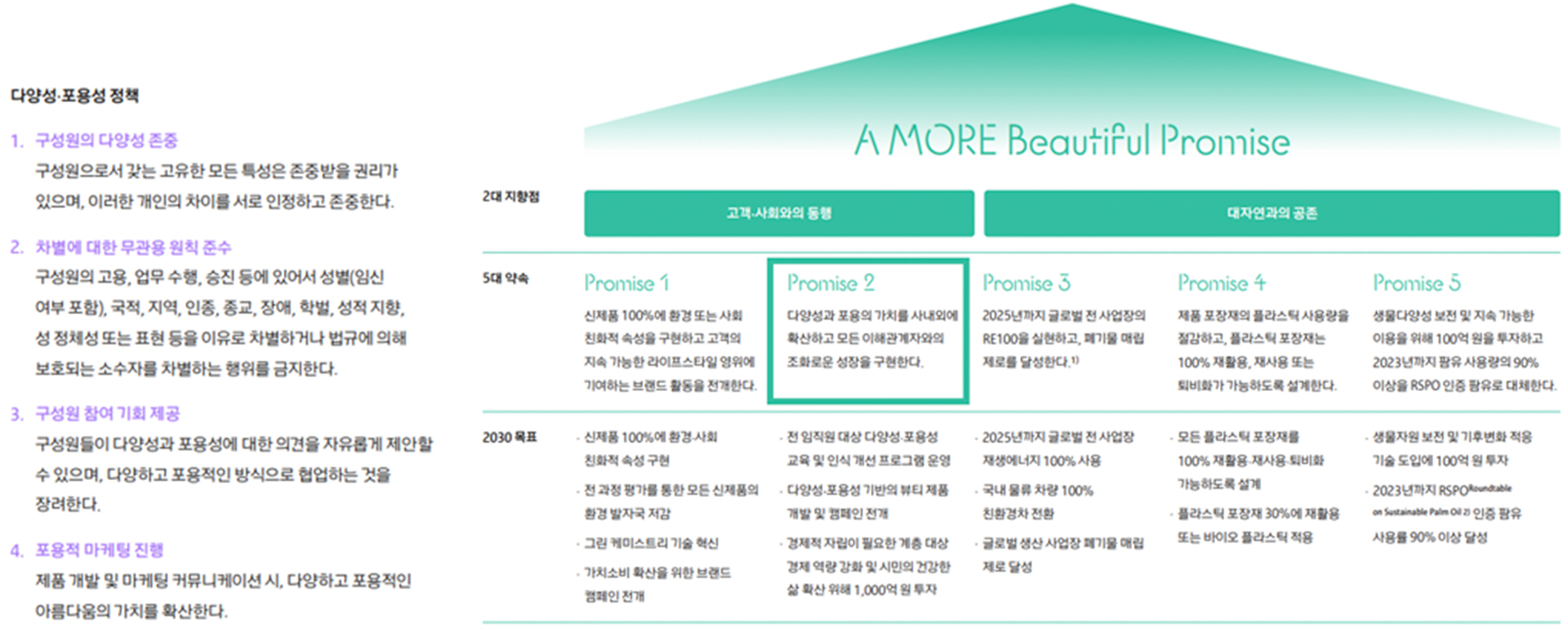
Source: 2023 Amorepacific Group Sustainability Report
Amorepacific also recognizes the importance of DEI and established and shared a ‘Diversity & Inclusion Policy’ in 2021 to respect the diversity of its members and create an inclusive organizational culture. Moreover, as one of the five promises of its sustainable management goal ‘2030 A MORE Beautiful Promise,’ the company declared it would “promote diversity and inclusion across all our global workplaces and beyond, while seeking harmonious growth with all our stakeholders.”
Based on these promises, in celebration of International Women’s Day in 2023, Amorepacific invited big data expert Gilyoung Song for a special lecture on DEI insights titled “Beneficial Diversity: The Importance of Nuanced and Diverse Approaches” for Amorepacific employees.

Source: (Left) International Women’s Day Diversity Lecture / (Right) DEI Education for New Career Hires
Furthermore, starting in 2024, the company developed customized teaching materials and introduced regular training so that new employees could understand and practice the values of diversity and inclusion. For new entry-level employees, e-learning content featuring the company’s policies and operational cases was provided, while for new experienced hires, offline education included not only case studies but also activities to recognize unconscious biases.
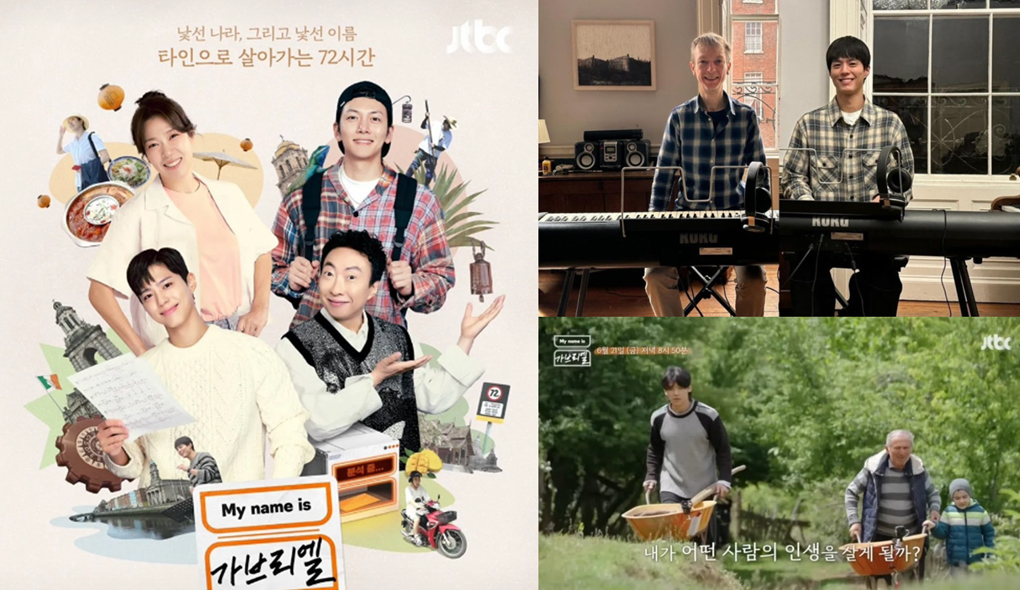
Source: Naver ‘My Name is Gabriel’ Entertainment Program
The training began with an icebreaking activity where participants “experienced being someone else,” similar to the entertainment program ‘My Name is Gabriel.’ Participants would choose a character different from themselves and write down the stereotypes this character might experience. Those who participated in the training said they had never thought about the stereotypes others might face, leading them to realize that “what seems obvious to me might be uncomfortable for someone else.” And that someone could be a customer from a company’s perspective. In this way, Amorepacific is conveying the values of diversity and inclusion to its employees while also making various efforts in its marketing activities. I’ll cover this content in the next column.
#OUTRO
Issue Maker OOO! You might have clicked this column, wondering, “What kind of issue is this?” only to think, “This issue has nothing to do with me.” However, as discussed above, as the scope and influence of DEI continues to grow, it might someday become an issue that affects you personally. So why not gain some DEI insights through this column? I’ll see you in the next column. Thank you.
-
Like
1 -
Recommend
1 -
Thumbs up
1 -
Supporting
0 -
Want follow-up article
0



